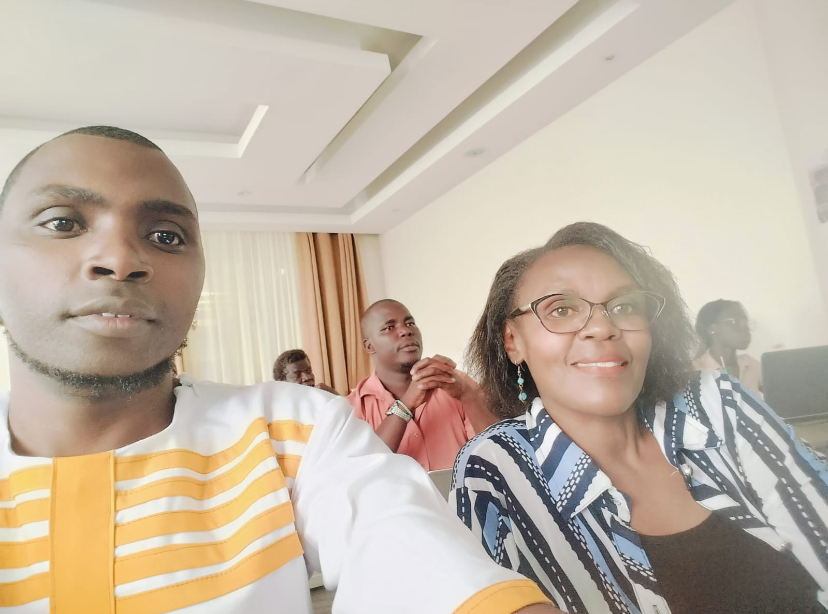Last week in Naivasha, while representing NSJC, Caren Kiarie had the distinct honor of sitting alongside Professor Stephen Anguva, the National Coordinator of the Network of TB Champions in Kenya (NTBC-K), for critical discussions on Domestic Health Financing. This timely conversation comes at a crucial moment, especially given the recent decision by the Trump administration to freeze funding for HIV, TB, and Malaria projects in our country for 90 days.

Addressing the Funding Gap
The global funding landscape for health programs is shifting, and it's essential for Kenya to strengthen its domestic health financing mechanisms to ensure the continuity of vital services. The recent funding freeze highlights the vulnerability of relying heavily on external aid. As affected communities, we gathered to strategize on a way forward, emphasizing the importance of self-reliance and sustainable solutions.
The Imperative of Domestic Resource Mobilization
Domestic resources, including tax funding and mandatory health insurance contributions, must be the major sources of funding for the health sector. Kenya has demonstrated a commitment to Universal Health Coverage (UHC), aiming to provide equitable, affordable, and quality healthcare to all citizens without financial hardship. Achieving this vision requires a significant increase in public financing towards health.
Key Strategies Discussed
Strengthening National Health Financing Systems: Reducing fragmentation, enhancing procurement and purchasing processes, and improving cost-effectiveness and efficiency.
Enhancing Public Financial Management: Improving the pooling of health sector revenues and accelerating the implementation of strategic purchasing.
Prioritizing Digitization: Implementing digitization across all health sector building blocks to improve efficiency, accountability, and transparency.
Expanding Resource Pools: Examining existing health financing schemes, both public and private, to explore answers.
Budget and Expenditure Analysis: Conducting budget and expenditure analysis at the national and sub-national levels, including budget allocation, utilization, and efficiency.
Community-Driven Solutions
As members of affected communities, we are committed to advocating for policies that prioritize domestic health financing and ensure that vulnerable populations have access to the services they need. Our discussions in Naivasha focused on actionable steps that can be taken at the local and national levels to promote self-reliance and sustainable healthcare solutions.
Moving Forward
The Nyando Social Justice Center remains dedicated to championing initiatives that promote health equity and social justice. This includes actively engaging with government bodies, NGOs, and community members to drive meaningful change. By working together, we can build a stronger, more resilient healthcare system that serves all Kenyans, regardless of external funding fluctuations6.
We urge all stakeholders to join us in supporting domestic health financing initiatives. Together, we can ensure that Kenya's progress towards UHC remains on track, even in the face of global challenges.